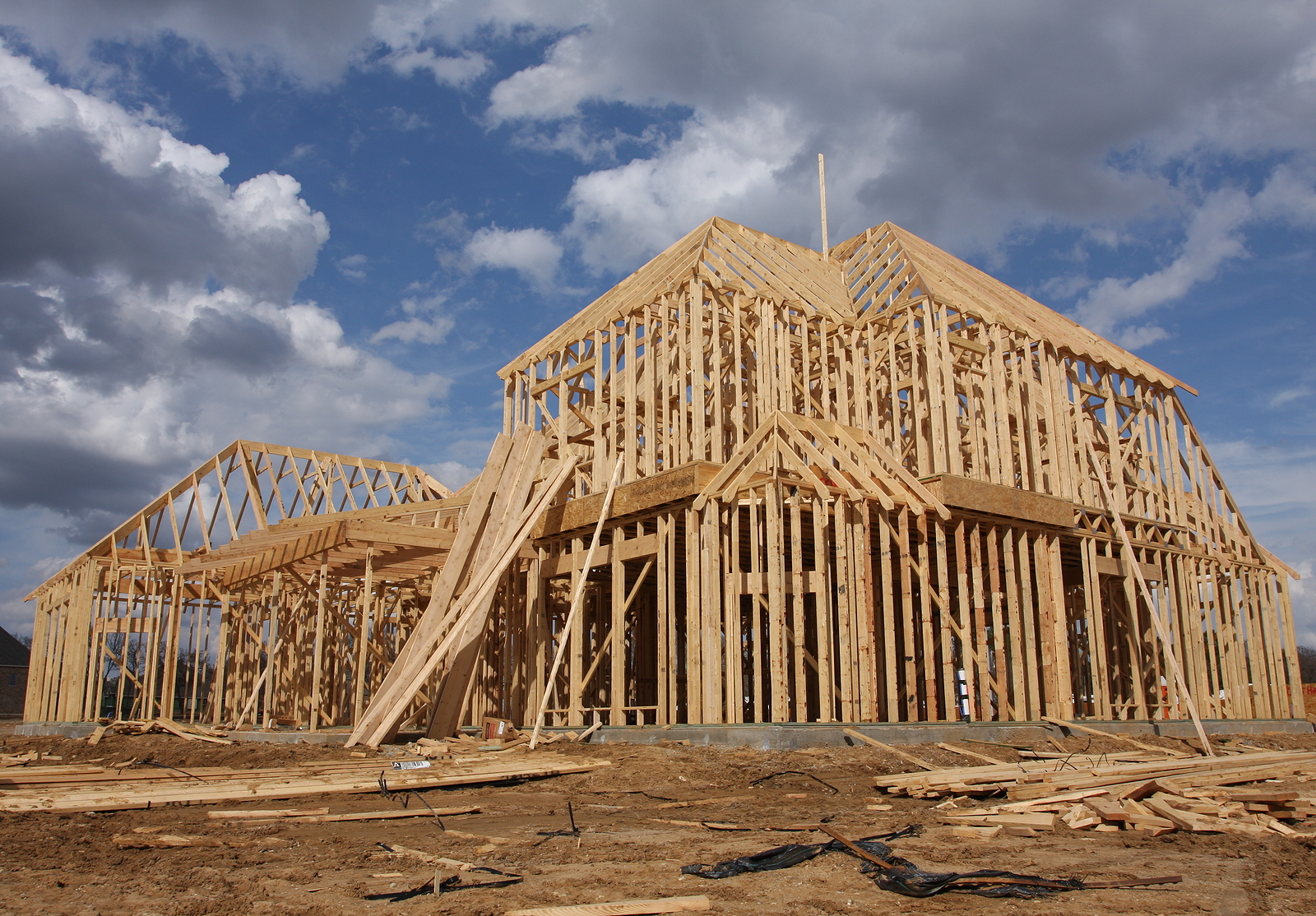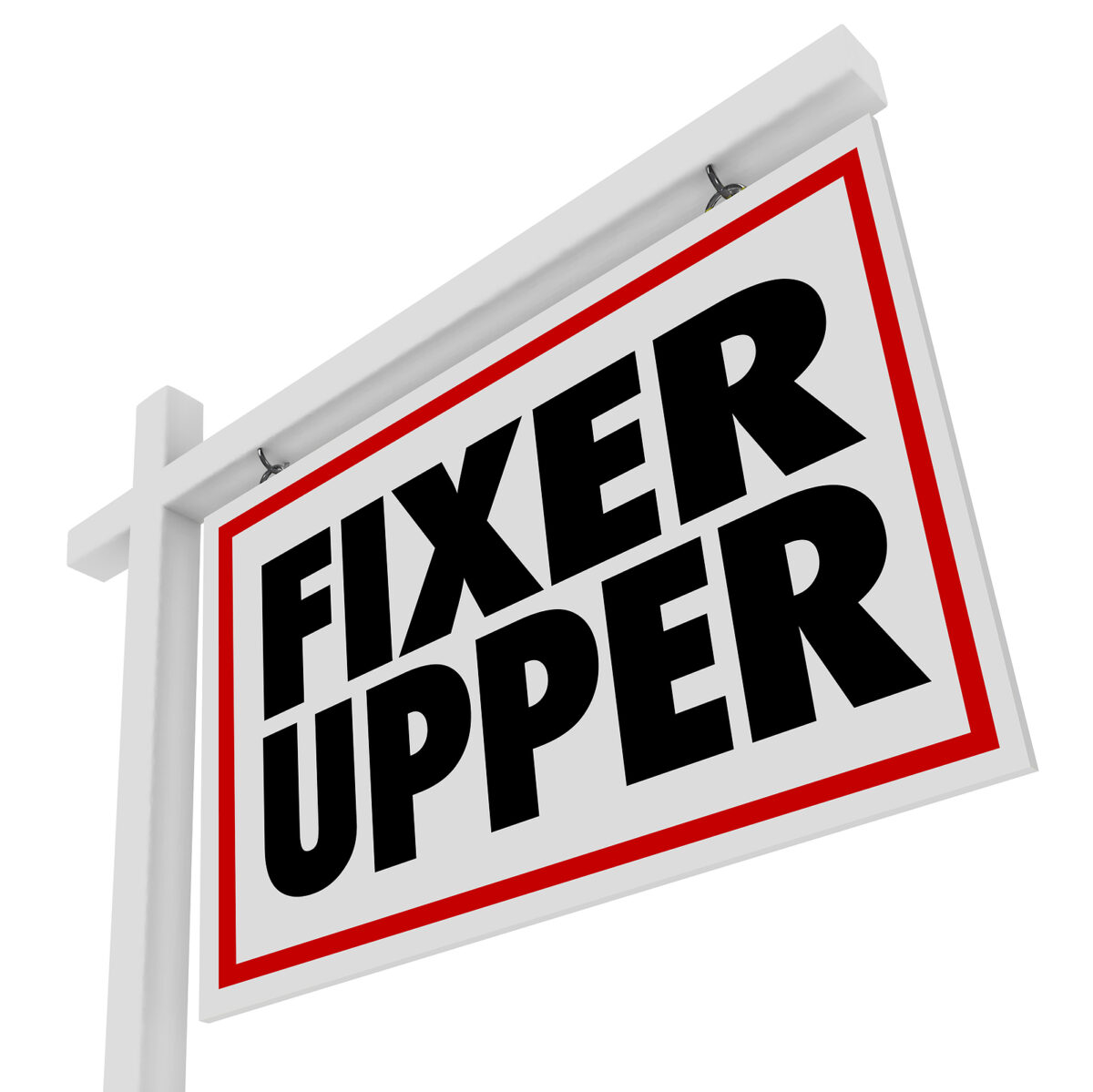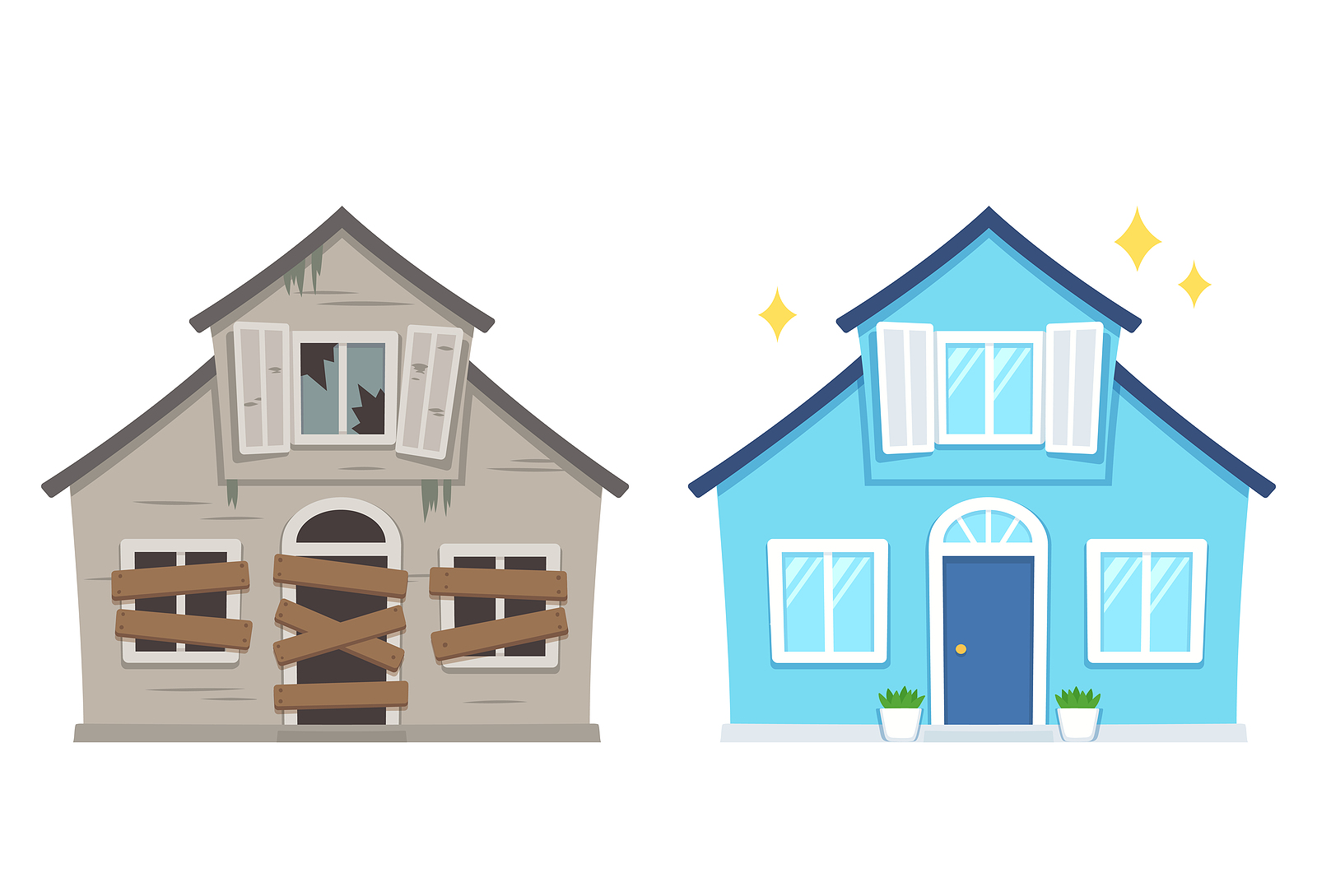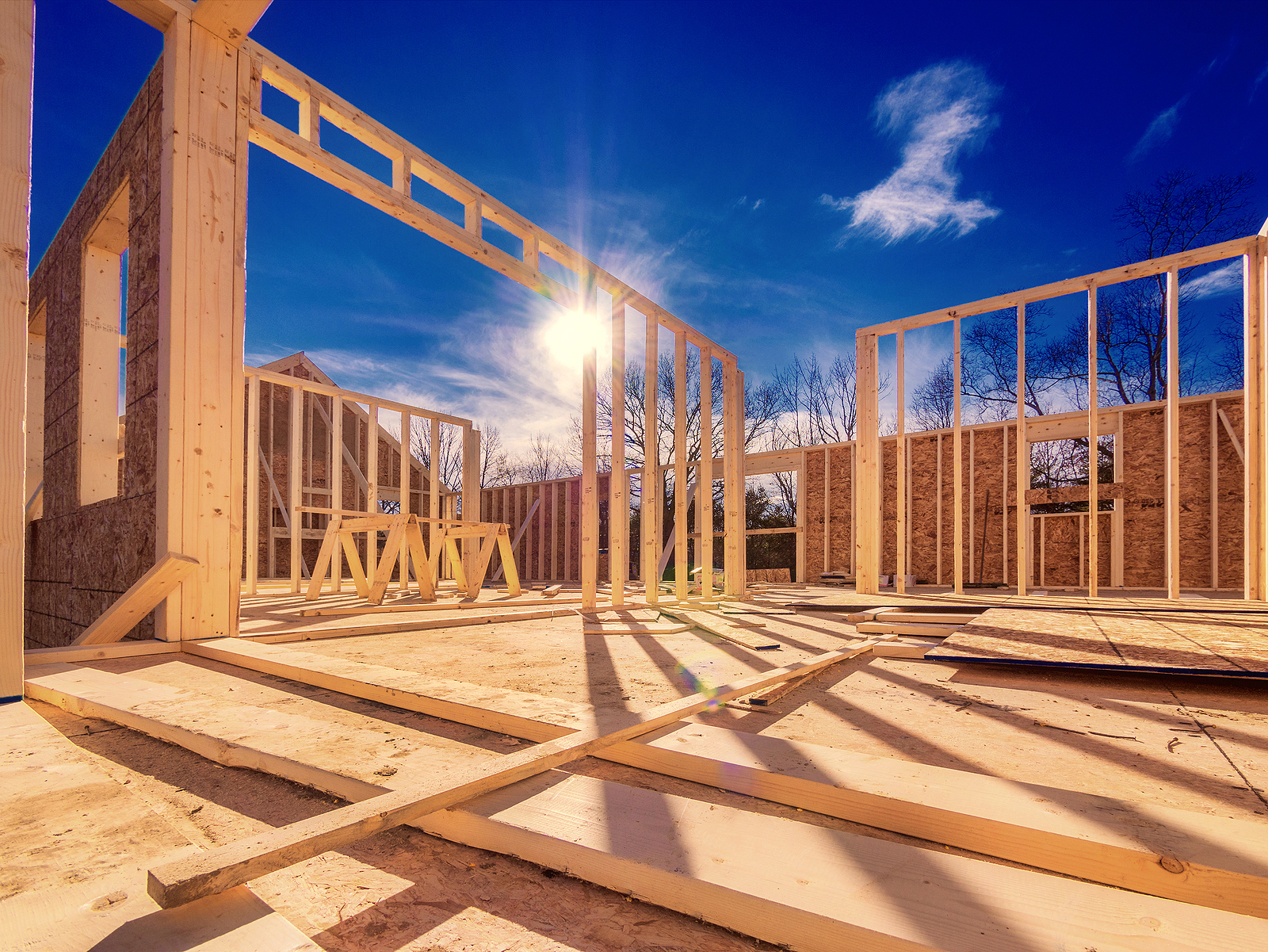Home insurance is a crucial aspect of homeownership that often sparks debate. While some view it as an unnecessary expense, the reality is that home insurance provides essential protection.
Understanding why home insurance is mandatory can help homeowners appreciate its value and necessity. This article delves into the key reasons behind this requirement, shedding light on its importance for both buyers and sellers in the real estate market.
Protecting Your Investment
Safeguarding Against Natural Disasters
One of the primary reasons home insurance is mandatory is to protect against natural disasters. Homes are vulnerable to a range of natural calamities, such as floods, earthquakes, and hurricanes.

Home insurance ensures that homeowners can recover financially from these devastating events. Without insurance, the financial burden of repairing or rebuilding a home could be insurmountable.
Coverage for Fire and Theft
Fire and theft are significant risks that can lead to substantial financial loss. Home insurance policies typically cover these perils, providing peace of mind to homeowners.
In the event of a fire or burglary, insurance can cover the cost of repairs and replacement of stolen items, ensuring that homeowners do not face financial ruin.
Meeting Mortgage Lender Requirements
Lender’s Protection
Mortgage lenders require home insurance to protect their investment. When a lender provides a mortgage, they are essentially investing in the property.
Home insurance ensures that their investment is protected in case of damage or loss. Without insurance, lenders risk losing their investment if the homeowner cannot afford to repair or rebuild the home.
Maintaining Property Value
Home insurance also helps in maintaining the property value. A home that is not insured is at risk of depreciation if it suffers damage that is not repaired.

By requiring insurance, lenders ensure that the property remains in good condition, which is crucial for preserving its market value.
Liability Coverage
Protection Against Lawsuits
Home insurance provides liability coverage, which is essential for protecting homeowners from potential lawsuits. If someone is injured on your property, you could be held liable for their medical expenses and other damages.
Liability coverage in home insurance policies covers these costs, protecting homeowners from significant financial loss.
Damage to Neighboring Properties
In some cases, damage to your property can also affect neighboring properties. For example, a fire that starts in your home can spread to your neighbor’s house.
Home insurance can cover the cost of damages to neighboring properties, preventing costly disputes and lawsuits.
Peace of Mind for Homeowners
Reducing Financial Stress
Homeownership comes with its own set of challenges and responsibilities. Home insurance helps reduce the financial stress associated with unexpected events.
Knowing that your home and belongings are protected allows homeowners to focus on enjoying their homes without constant worry.
Ensuring Stability and Security
Home insurance contributes to the overall stability and security of the housing market.
By ensuring that homes are repaired and rebuilt after disasters, insurance helps maintain the integrity of neighborhoods and communities. This stability benefits both individual homeowners and the broader real estate market.
Enhancing Market Confidence
Attracting Buyers and Sellers
A robust home insurance system enhances market confidence by attracting both buyers and sellers. Buyers feel more secure knowing that their investment is protected, and sellers can assure potential buyers that the property is well-covered.

This assurance can lead to smoother transactions and a more vibrant real estate market.
Supporting Real Estate Values
Mandatory home insurance supports real estate values by ensuring that homes are maintained and repaired promptly. When insurance covers damages, properties do not fall into disrepair, which can negatively impact neighborhood values.
This maintenance preserves the appeal and worth of homes, benefiting the entire community.
Legal and Regulatory Compliance
Meeting Legal Requirements
In many regions, having home insurance is not just a lender requirement but also a legal one. Local laws often mandate home insurance to ensure that properties are protected and homeowners are financially prepared for potential losses.
Complying with these regulations is crucial for avoiding legal penalties and ensuring community safety.
Encouraging Responsible Homeownership
Requiring home insurance encourages responsible homeownership. It ensures that homeowners take the necessary precautions to protect their property and the investments of their lenders.
This responsibility extends to maintaining the property and promptly addressing any damages, fostering a culture of care and accountability in the community.
The Role of Government and Insurers
Government Incentives
Governments often provide incentives for homeowners to obtain insurance. These can include tax benefits, grants, or subsidies for insurance premiums.
Such incentives make it easier for homeowners to afford insurance, thereby increasing the overall rate of insured properties and enhancing community resilience.
Insurer Contributions
Insurance companies play a crucial role by offering various plans tailored to different needs and budgets. They provide valuable risk assessments and safety advice, helping homeowners understand their coverage options.
Insurers also contribute to disaster recovery efforts, ensuring that communities can rebuild quickly and efficiently after a catastrophic event.
Long-Term Financial Planning
Building Financial Security
Home insurance is a cornerstone of long-term financial planning. It protects one of the most significant investments most people will make in their lifetime.
By mitigating the financial risks associated with property damage, home insurance allows homeowners to plan for the future with greater confidence.
Supporting Family Well-being
A well-insured home supports the well-being of the homeowner’s family. It ensures that in the event of a disaster, the family has the financial means to repair or replace their home.
This security extends to safeguarding personal belongings and maintaining the family’s standard of living during tough times.
Addressing Common Concerns
Affordability Issues
One common concern about mandatory home insurance is affordability. While premiums can be an additional expense, the cost of not having insurance in the face of disaster is significantly higher.
There are various insurance plans available to fit different budgets, and seeking professional advice can help homeowners find an affordable policy that meets their needs.
Understanding Coverage Options
Another concern is understanding the coverage options available. Homeowners should take the time to research and consult with insurance experts to ensure they choose the right coverage.

Comprehensive policies might be more expensive, but they offer extensive protection that can be invaluable in an emergency.
Additional Benefits of Home Insurance
Coverage for Personal Belongings
Home insurance doesn’t just cover the structure of your home; it also protects your personal belongings. This includes furniture, electronics, clothing, and other valuables.
In the event of theft, fire, or other covered disasters, home insurance can help replace these items, alleviating financial stress and helping you get back to normal faster.
Alternative Living Arrangements
If your home is rendered uninhabitable due to a covered event, home insurance can cover the cost of temporary living arrangements.
This means you won’t have to worry about where to stay or how to pay for additional living expenses while your home is being repaired or rebuilt.
Conclusion
Home insurance mandatory requirements are in place for good reasons. They protect homeowners, mortgage lenders, and communities from financial ruin and instability.
By covering risks such as natural disasters, fire, theft, and liability, home insurance provides peace of mind and financial security. For anyone involved in the real estate market, understanding the importance of home insurance can lead to more informed decisions and a more stable housing environment.








































